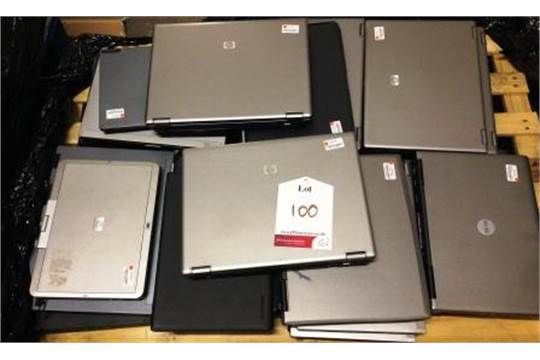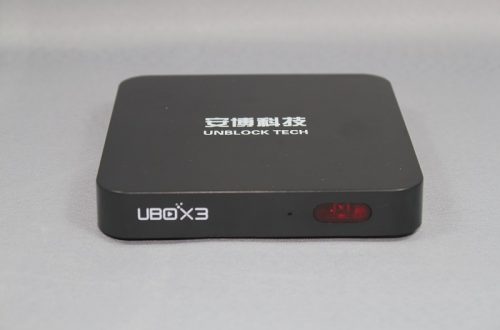In the world of electronics, particularly laptops, staying ahead of the technological curve often means a continuous cycle of upgrading to the latest models. This creates a unique opportunity for businesses and savvy entrepreneurs: General electronic appliances. These pallets, often brimming with devices that range from gently used to surplus inventory, represent a goldmine for those willing to navigate the intricacies of the liquidation market.
What Are Laptop Liquidation Pallets?
Laptop liquidation pallets are bulk quantities of laptops sold at a fraction of their retail value. These laptops come from various sources:
- Overstock: Retailers clearing out unsold inventory to make room for new models.
- Returns: Customer returns that can no longer be sold as new.
- End-of-life models: Older versions that have been phased out by manufacturers.
These pallets can contain a mix of brands, models, and conditions, providing a diverse selection of laptops at a significantly reduced cost.
Why Businesses Liquidate Laptops
- Inventory Management: Retailers and manufacturers often have to clear out stock to make way for new products. Liquidation is a quick way to manage excess inventory.
- Cost Recovery: By selling returns and overstock in bulk, companies can recover some of the costs associated with these items, even if it’s less than their full retail value.
- Sustainability: Liquidation helps prevent electronic waste by giving devices a second life, promoting environmental sustainability.
Benefits of Buying Liquidation Pallets
- Cost Savings: The primary advantage is the potential for significant savings. Buyers can purchase laptops for a fraction of their retail price.
- Business Opportunities: Resellers can refurbish and sell these laptops individually, often at a considerable profit. This is particularly attractive for small businesses and entrepreneurs.
- Diverse Inventory: Pallets typically contain a variety of models, providing a wide range of options for different customer needs.
- Sustainability: Buying and reselling liquidated laptops contribute to reducing electronic waste.
Risks and Challenges
While the potential rewards are substantial, there are also risks involved in purchasing laptop liquidation pallets:
- Variable Quality: The condition of laptops can vary widely, from nearly new to non-functional. Buyers must be prepared for the possibility of receiving items that require significant repair.
- Lack of Warranty: Liquidated items typically do not come with a warranty, meaning buyers must handle any issues that arise independently.
- Market Fluctuations: The resale value of laptops can fluctuate, influenced by factors like market demand and the release of new models.
How to Navigate the Liquidation Market
- Research: Understand the source of the pallets and the reputation of the liquidation company. Reliable suppliers are crucial for minimizing risks.
- Inspection: Whenever possible, inspect the pallets before purchase. Some liquidation companies allow for on-site inspections or provide detailed manifests.
- Budgeting for Repairs: Allocate part of your budget for repairs and refurbishments. This ensures that you can maximize the resale value of the laptops.
- Market Analysis: Stay informed about current market trends to price your refurbished laptops competitively and maximize profits.
Popular Platforms for Buying Liquidation Pallets
Several online platforms specialize in the sale of liquidation pallets, providing a convenient way to access these opportunities:
- Liquidation.com: Offers a wide range of liquidation items, including electronics and laptops.
- B-Stock: Provides access to liquidation auctions from major retailers and manufacturers.
- DirectLiquidation: Specializes in electronics, including laptops, with detailed listings and manifests.
Laptop liquidation pallets present a unique opportunity for businesses and individuals to access high-quality electronics at a reduced cost. While the process involves some risks, careful research and strategic planning can mitigate these challenges, making it a viable and profitable venture. By navigating the market wisely, buyers can not only benefit financially but also contribute to sustainability efforts by reducing electronic waste.





